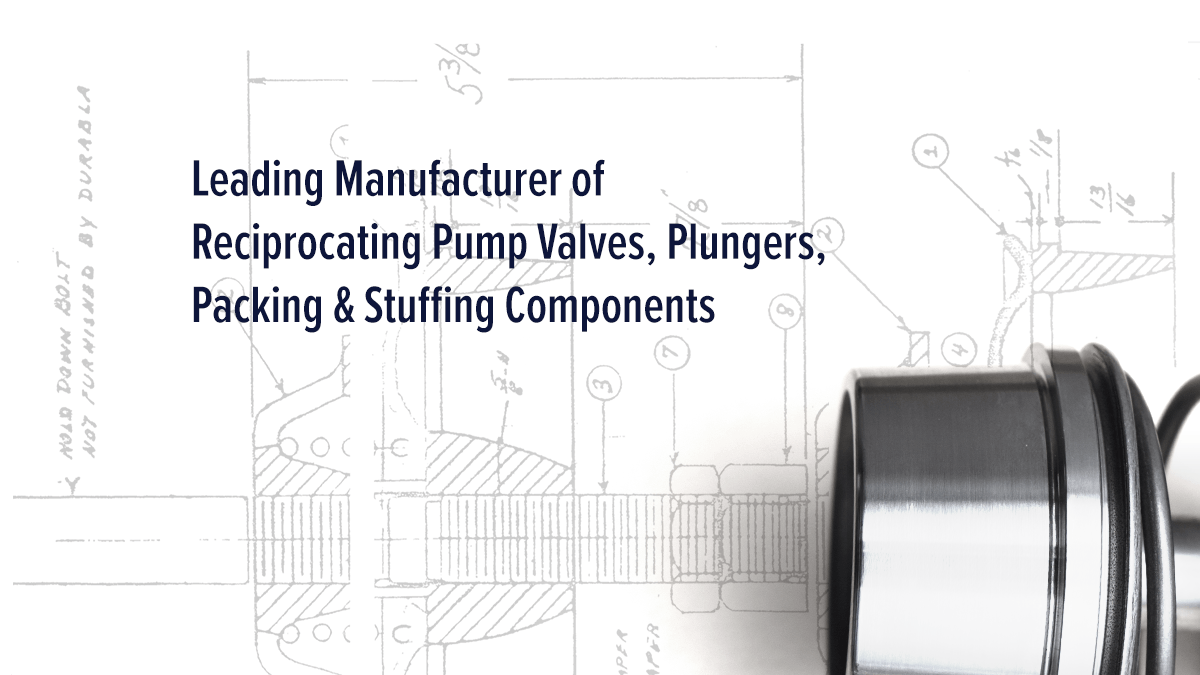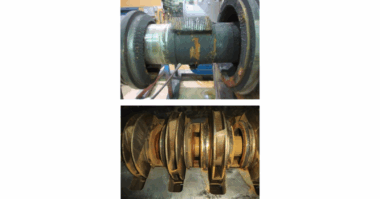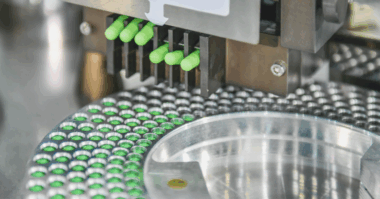Contributor: Sam Kelton, Triangle Pump Components
Industries That Use Reciprocating Pumps
A wide range of industries uses reciprocating pumps in diverse applications. Incorporating reciprocating pumps results in repeatable and precise mechanical operations. Industries that commonly use reciprocating pumps include:
- Oil and gas: Oil and gas industry applications include disposal, offshore oil, production, injection, feed, charge, steam generators, mainline, and field gathering.
- Chemical processing: Raw natural gas liquids (NGLs) derived from fracking need to undergo multi-stage processing in order to convert into chemical products such as PVC. Chemical processors frequently use reciprocating pumps for rigorous processing operations.
- Food processing: Reciprocating pumps in the food industry allow for the movement of ingredients from one vat to another, the transportation of liquids of various viscosities, and the delivery of water for food safety and sanitation.
- Mining: The safe and efficient transportation of minerals from mines to processing locations is a key procedure of successful mining operations. Slurry pumps are one critical application in which reciprocating pumps play a large role.
- Paper and pulp manufacturing: Mechanical and chemical pulping processes both use reciprocating pumps that are able to withstand intense operating conditions.
- Soap manufacturing: It takes a lot of processing to transform raw soaps, liquids, and powders into products ready for consumer purchase. Reciprocating pumps are a key component in many of these manufacturing and refining processes.
- Wastewater treatment: Wastewater treatment plants are responsible for contaminant removal, purification processing, and the proper treatment of waste effluent. Reliable and durable reciprocating pumps are extremely important to maintain the effectiveness of a treatment plant’s operations.
Advantages of Reciprocating Pumps Over Centrifugal Pumps
Reciprocating pumps offer several advantages over centrifugal pumps:
- The flow rate of a centrifugal pump may fluctuate during operation while a reciprocating pump provides a steady, unchanging flow rate.
- Reciprocating pumps are ideal for high-pressure, low-flow applications. Although centrifugal pumps may be more effective for high-volume-discharge scenarios, reciprocal pumps generate greater amounts of pressure per operation. For instance, reciprocal pumps used in water jet cutting applications may generate pressures greater than 10,000 PSI.
- Centrifugal pumps always require priming, whereas reciprocal pumps rarely ever need priming.
- Reciprocating pumps generally operate at higher efficiencies than other pumps, generally reaching levels of 90% or more efficiency.




